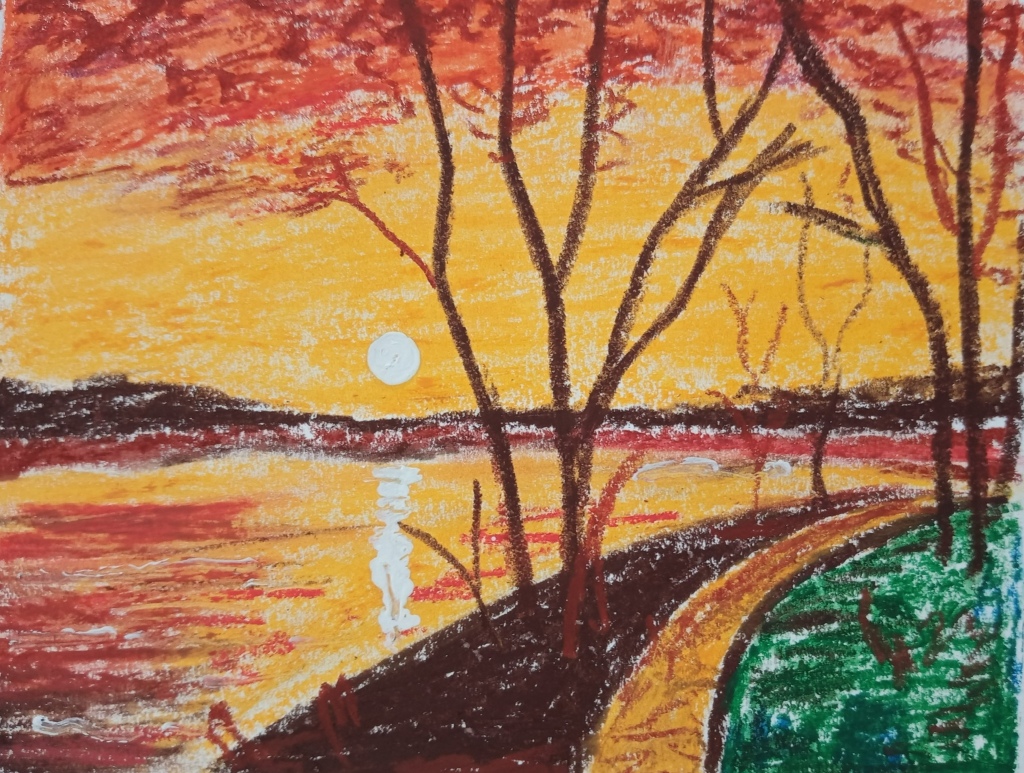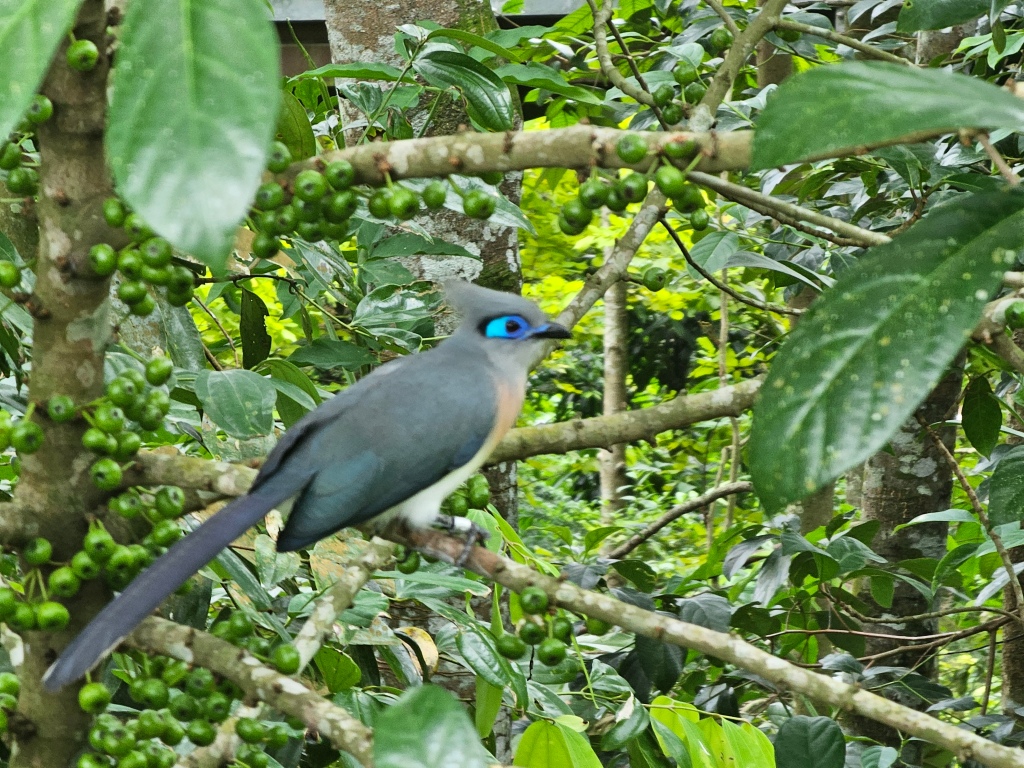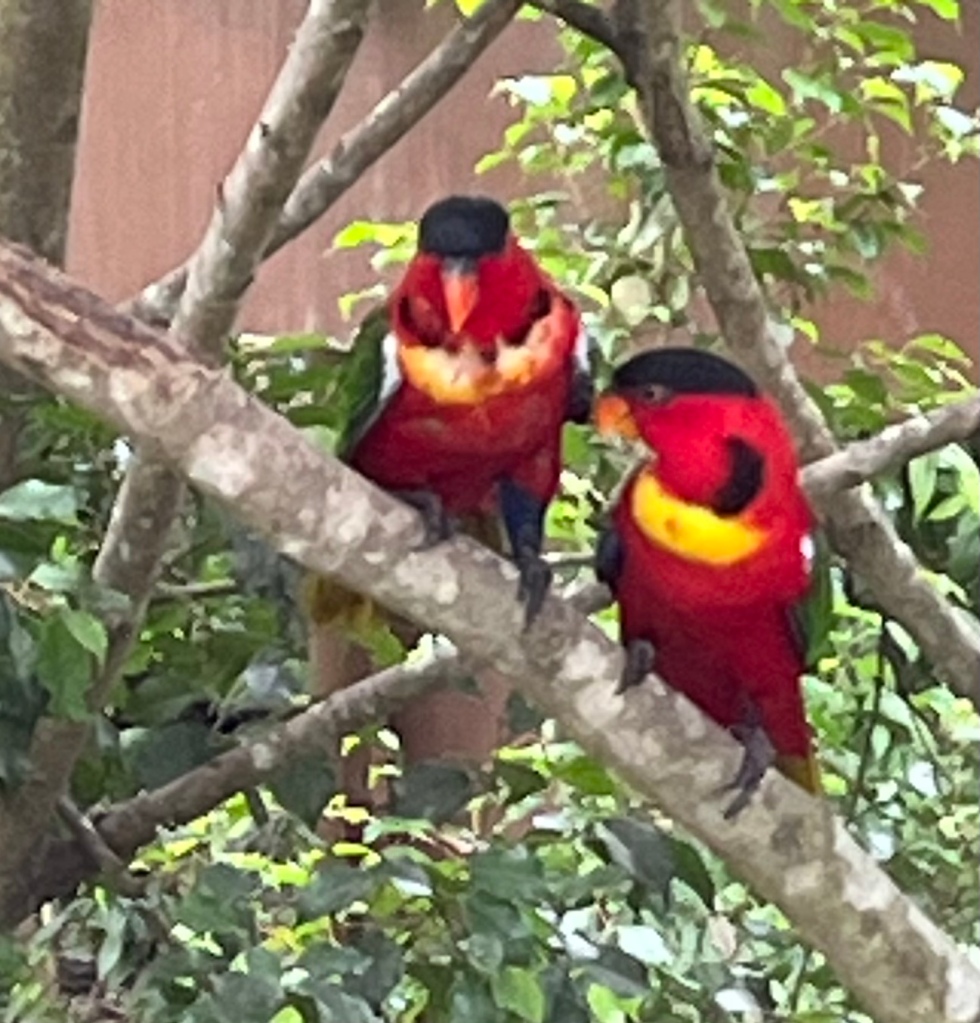Book Review by Basudhara Roy
Title: Out of Sri Lanka: Tamil, Sinhala and English Poetry from Sri Lanka and its Diasporas
Editors: Vidyan Ravinthiran, Seni Seneviratne, Shash Trevett
Publisher: Penguin India (Vintage)
What makes poems in a collection belong to each other? Their shared spirit, one believes, would be the foremost — the way they thematically and stylistically accentuate each other, enter into conversation, deliberate, disturb, demand, and defend. Another significant consideration would be the commitment with which they collectively lay bare a social concern — unpacking it for public attention and discussion, and offering myriad points of entry into its dense complexity. Good poetry, by nature, offers a kind of prescience that is based on empathy, understanding, and the possibility of communication. A good anthology, by its sound aesthetic and social vision, effectively multiplies these virtues by the number of poems it showcases and ensures that the sum is always greater than its parts.
At a time when anthologies of poetry, worldwide, are mushrooming and often questionable in their inarticulate raison d’etre, it is rejuvenating to come across an anthology that exactly knows what it is up to and proceeds to execute its vision with ideological clarity and ineluctable grace. Out of Sri Lanka: Tamil, Sinhala and English Poetry from Sri Lanka and its Diasporas edited by Vidyan Ravinthiran, Seni Seneviratne, and Shash Trevett is the most comprehensive and perhaps, one of the most representative anthology of post-independence poetry in English to emerge from Sri Lanka. Bringing together almost a hundred and forty poets and more than four hundred poems written originally in English or translated into English from Tamil and Sinhala, both from within the country and its scattered diaspora, the book articulates the rich and scarred multicultural heritage of Sri Lanka, what it means to claim belonging to this contested land, and the spirit of belonging itself.
The tiny waterdrop-shaped island of Sri Lanka located on the southern tip of India has always been historically significant. Colonized first by the Portuguese, then by the Dutch and finally by the British, it became an independent nation-state in 1948, the transfer of power there being peaceful and orderly, unlike the gory turbulence witnessed in the mainland of the Indian subcontinent. Ceylon, as it was known then and until 1972, showed every promise of securing a more stable statehood and better standards of socioeconomic development among the many new decolonized states across Asia and Africa. But the trajectory of Sri Lanka’s post-independence history, its fatal walk toward ethnic democracy and the violent consequences of such deep antagonisms are well-known.
The twenty-six-year civil war in the island between the Sinhalese-dominated government (mostly Buddhist) and the Liberation Tigers of Tamil Eelam (mostly Hindu) has been one of the most intense, brutal, and protracted ethnonational conflicts in global politics, the economic and human costs of which have been enormous. Acts of violence and ethnic cleansing by the LTTE against Muslims, Sri Lanka’s third-largest ethnic community have also occupied a significant place in its history. Added to these pogroms have been the ravages of nature in the tsunami of December 2004 which left the island totally uprooted and its severe economic crisis in recent times.
Waves of migration from the island, both voluntary and forced, have led to the creation of a group of expatriates and refugees who refuse to acknowledge their identity as Sri Lankans. How do a people find themselves under such circumstances? How do they lay claim to belonging and community? How do they resurrect for themselves a sense of tradition out of the debris? Out of Sri Lanka attempts a searching answer to all these questions and more as it brings to us, from all sections of its diverse society, voices that have, over the years, negotiated with all these crises in order to craft a narrative of resilience which, as the editors hope, will enable it to “take control of its destiny”.
The extremely articulate and well-researched introduction to the book is, in many ways, an intellectual treasure as it places poetry from the country and its diaspora within its seasoned and sensitive political and linguistic contexts, and offers an entry through it, into the fluid and dynamic nature of postcolonial poetry as a whole. The editors’ decision to not compartmentalise the poets in the collection on the basis of the languages they choose to write in but to showcase them in alphabetical order has been, by far, one of the most pertinent editorial decisions in keeping with the vision of this anthology. Given the linguistic grounds on which the political history of the island has been repeatedly fractured, the representation of poets as a cohesive group of witness-bearers regardless of their language and the ethno-ideological affiliations that a language is likely to connote, is a major step toward the envisioning of a more equitable and egalitarian society.
Again, as the editors observe, the traditions of Tamil, Sinhala, and English poetry on the island have rarely rubbed shoulders with one another with the result that their growth, development, and stylistic manifestations have remained rather insular. This book is an attempt to break that insularity by bringing poems from various linguistic heritages and frameworks in dialogue with one another and the results, as any conscientious reader will affirm, are spectacular. One confronts, here, a canvas of multiple arcs of intimacy, fear, insecurity, estrangement, acceptance, accusation, longing, loss, but above all, belonging. Resplendent throughout the book is the idea of identity – gender, territorial, ethnic, linguistic, national, transnational and human.
The editors tell us: “The explosiveness of Sri Lankan history, its cavalcade of events seeming to demand a response, produces a situation where deeply felt and meaningfully shaped poems are often not written by ‘poets’ as we understand that role as a profession supported by publishers, festivals and academic institutions. Instead, we find poems written by photographers, government workers, novelists, journalists – people for whom the luxury of considering themselves one of Shelley’s unacknowledged legislators of the world was never available, but who were pressed by extraordinary circumstances toward a lyric recognition of complexities otherwise beyond understanding.”
Here, in other words, is an urgent poetics, a rupturing into poetry by the incision of circumstance. For the editors, this anthology represents “a human rights intervention.” It is an act of commemoration, a historical acknowledgement of its tumultuous past, “a matter of putting things on record”. In ‘My Land [1981]’ by Cheran (translated from Tamil by Lakshmi Holmstrom) the pre-Civil War Sri Lanka is conjured with heartwarming admiration: “I stand on a hundred thousand shoulders/ and proclaim aloud: This is my land./ Across the seven seas,/ overcoming the rising waves,/ the wind shouts it everywhere:/ My land/ My land.” And yet, as the decades advance, pain bitterly takes over. “Like an unwritten poem/ you itch/ inside my head” goes the poem ‘No. 16’ by Mahagama Sekera (translated from Sinhala by Ranjini Obeyesekere) and the figurative density of the poem, as one would notice, travels from the personal to the political. In ‘Loose Change’, Ru Freeman writes: “…keep it keep/ the change keep the change keep/ all the noise-making metal Give us the rest/ whatever that is in this every man an island/ country of deceit We are far from home”
“…the time is right – the moment is now – for the world to know Sri Lanka better: its beauty and its pain” assert the editors of Out of Sri Lanka and one cannot but agree with them. A monumental work of literary activism, rigorous and laborious archival, and passionate commitment, this is more than a collection of poems. It is an act of rehabilitation, an attempt toward community-building, an unforgiving appraisal of the past, and a clear-eyed gaze into the future. Every nation must, at some time, stop to listen to itself and to speak of itself. One is glad that for Sri Lanka that time is here.
Click on this link to access some of the poems.
Basudhara Roy teaches English at Karim City College affiliated to Kolhan University, Chaibasa. Author of three collections of poems, her latest work has been featured in EPW, The Pine Cone Review, Live Wire, Lucy Writers Platform, Setu and The Aleph Review among others.
.
PLEASE NOTE: ARTICLES CAN ONLY BE REPRODUCED IN OTHER SITES WITH DUE ACKNOWLEDGEMENT TO BORDERLESS JOURNAL
Click here to access the Borderless anthology, Monalisa No Longer Smiles
Click here to access Monalisa No Longer Smiles on Kindle Amazon International






